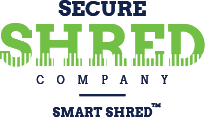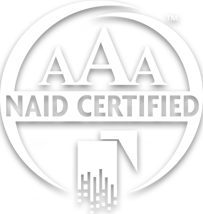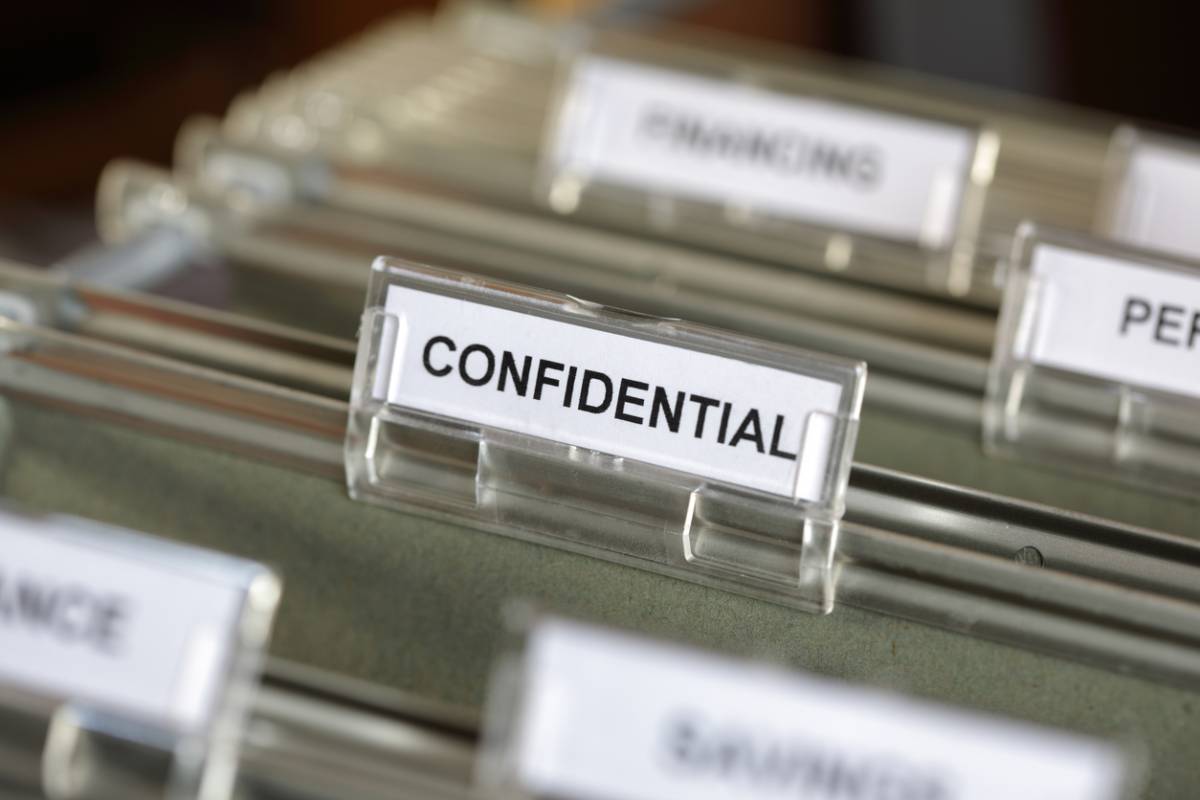The need to protect confidential documents cannot be overstated. In an age where you can run a web search about anything and anyone, protecting secure documents is more important than ever. Everyone expects privacy, especially when it comes to personal affairs. It is the job of every employee to follow practices and policies that comply with confidentiality laws. This includes information obtained and maintained, as well as ensuring that confidential documents are discarded in a manner that complies with regulations, which is typically done through document shredding.
What Is a Confidential Document?
Understanding the concept of confidential documents can make all the difference in ensuring private information is kept private. If protected documents are not kept safe, this could mean serious legal and financial difficulties. As well as compromising the trust and integrity that your stakeholders have in your endeavor. But what is a confidential document, and how can you ensure appropriate practices are in place to protect delicate information? Whether the reason be for legal, security, or personal purposes, individuals have the right to privacy, and every member of your team must ensure that right is upheld.
Defining Confidential Documents and Its Types
Individuals expect a modicum of privacy in personal areas of their lives, most recognized being in business, personally identifiable information, financial matters, health, and high-risk affairs. Even in death, privacy is a priority. In cases of death or when documents are no longer needed and are to be discarded, many businesses enlist shredding services to take every step possible to protect confidential documents.
Any paper or set of papers containing information that is meant to be kept secret or private is a confidential document. Information that is considered confidential is anything in writing that is restricted to specific individuals or groups, and the release of any such information can have devastating consequences for all stakeholders. These documents are specifically meant to protect sensitive information from any unauthorized disclosure or access.
Business
It should come as no surprise that confidential documents are incredibly common in business. Protecting sensitive information about your business is going to reduce the risk of harm to your customer loyalty, assets, and interests. Types of confidential documents in business include:
- Trade secrets
- Client information
- Employee information
- Strategic plans and research
- Contracts and legal documents
- Financial records
- Intellectual property
Personally Identifiable Information
Personal identifiable information is any information that one could use to determine an individual’s identity. This includes data points that are specific to an individual, but when added up, could identify a person. Personal identifiable information can be:
- Personal details
- Identification numbers
- Digital identities
- Biometric records
Financial Information
Financial information centers around assets and the financial aspects of either an organization or an individual. You can understand why someone would expect this information to remain privileged. Financial records that are confidential documents are:
- Banking information
- Transaction details
- Credit and debit card information
- Income and tax information
- Investment information
Health Information
Healthcare is known for its commitment to confidentiality. Healthcare operates under several laws and regulations regarding confidential documents. This branch of business has many confidential documents that must remain secure and protected from creation to destruction. Such documents include:
- Medical history
- Diagnostic information
- Treatment records
- Health insurance data
- Family health history
- Lifestyle information
High-Risk Information
At the center of confidential documents are high-risk data forms. Due to the nature and sensitivity of these documents, the potential severity of unauthorized use of this information could lead to traumatic consequences. For this reason, businesses and personnel must remain diligent in their efforts to keep confidential documents sealed and protected. If unauthorized access is gained, it could mean serious legal and financial burdens that you are responsible for.
Guardians of Sensitive Information
Confidential documents are the guardians of sensitive information, shielding valuable data from prying eyes and potential misuse. These protected files serve as the backbone of privacy in both personal and professional settings, safeguarding everything from trade secrets to high-risk information. As the world continues to progress, so should policies and regulations to ensure the privacy and confidentiality of sensitive information. Know the policies and procedures in your state so you don’t end up paying in more ways than one because you didn’t know the laws.
Start Shredding Securely Today
Do you need reliable shredding services? Call today to learn how you can ensure confidentiality from creation to destruction.
Reference:
UTRGV. (n.d.). Extended list of Confidential Data.




